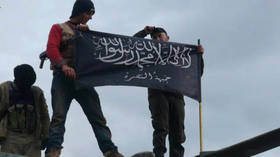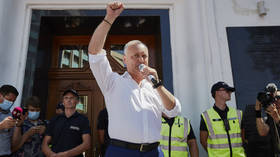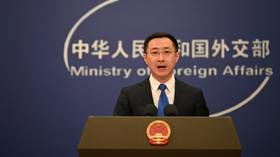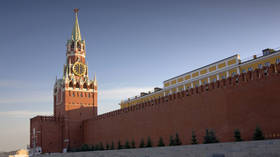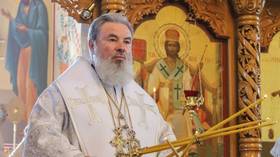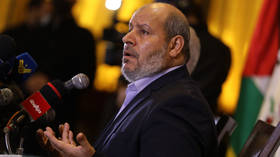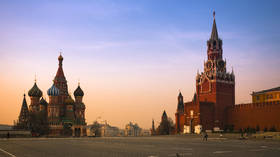Timing of militant offensive in Syria raises questions – Turkish expert
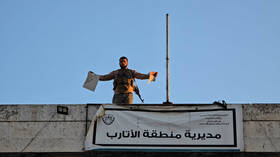
It is telling that Islamist militants in Syria have launched their offensive right after the ceasefire between Israel and Hezbollah went into effect, Huseyin Bagci, professor of international relations and founder of Ankara Global Advisory Group, has told RT.
The terrorist group Hayat Tahrir-al-Sham (HTS), formerly known as Jabhat al-Nusra, began a large-scale attack on the city of Aleppo on Wednesday. The past two days have seen the heaviest fighting in the region since 2020.
Speaking with RT on Thursday, Bagci described the fighting as “a very dangerous situation” and said the Syrian military will need to take the territory back and do it quickly.
“There will be a new type of alliance in the coming days,” he said, predicting that Türkiye, Syria and Russia will work together against the al-Qaeda-affiliated militants.
According to Bagci, “external forces” are interested in escalating the conflict in Syria. He named the US, Israel and “certain European countries.”
Türkiye initially backed the rebels that sought to topple the government in Damascus back in 2011, Bagci said, stressing that Ankara has since changed its approach and supports Syria’s territorial integrity.
If HTS militants get stronger, this will create problems for Türkiye, as well as Syria and Russia, and might trigger another surge of migrants into Europe, Bagci predicted.
The conflict in Syria broke out in 2011, when rebels backed by the US and several neighboring countries sought to overthrow President Bashar Assad’s government in Damascus.
Islamic State (IS, also known as ISIS) militants used the chaos as an opportunity to capture large chunks of Syria and Iraq by 2014.
The Islamist “caliphate” was eventually reduced to small pockets of resistance by the Syrian government forces backed by Russia, Iran and Hezbollah, and by the Kurdish forces backed by the US. The remaining non-IS militants, meanwhile, were pushed back into Idlib province, where they have relied on Ankara’s protection.
